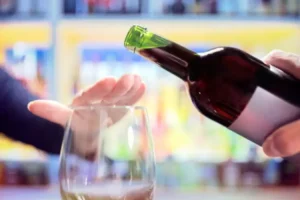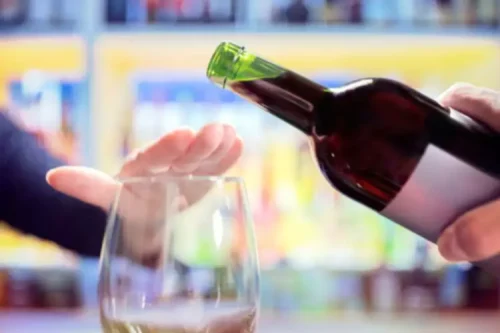
The answer is not so straightforward, based on a recently published study by researchers at Yale School of Medicine. You might not be able to fully reverse some of the effects of alcohol-related aging naturally. There are some things though that you can do to improve your overall health and well-being to counterbalance many of the effects of alcohol-related aging. Such actions can even revitalize the skin and body and help prevent physical aging due to alcohol use. Heavy drinking can cause irritation to the blood vessels in your eyes.
Drinking can leave your DNA vulnerable to damage
- There are just as many negative invisible body changes that can occur due to heavy drinking as there are visible body changes.
- The bad news, however, is that in practice we don’t really know how to do it.
- Based on the age-related physiological changes in the way people respond to alcohol, some experts believe the criteria should be changed for older adults—perhaps limiting intake to no more than one drink per day after age 65.
- People shouldn’t expect huge health benefits from imbibing, but at least it doesn’t seem to harm their health — or their appearance — in a significant way.
- Common lifestyle factors and behaviors can speed up aging, both on the inside and outside.
Receive free access to exclusive content, a personalized homepage based on your interests, and a weekly newsletter with the topics of your choice. The effect alcohol can have on breathing in older adults taking opioids is stark. In one small 2017 study, when participants were given 20 mg of oxycodone, the amount of air entering their lungs decreased by 28%. When participants also were given an infusion of alcohol, this decreased by another 19%. Receive free access alcohol makes you age faster to exclusive content, a personalized homepage based on your interests, and a weekly newsletter with topics of your choice.

Skin Changes
According to the current USDA Dietary Guidelines for Americans, the recommendation for moderate drinking is a maximum of two drinks per day for men, one drink per day for women. Based on the age-related physiological changes in the way people respond to alcohol, some experts believe the criteria should be changed for older adults—perhaps limiting intake to no more than one drink per day after age 65. These interactive effects could cause medications to become less or more effective.
- This wealth of data resulted in more than 246 billion data points, which the researchers then processed, looking for patterns in the changes.
- Those are partly from dehydration, a common condition among older people, sober or not.
- However, research examining the impact of alcohol consumption over a long period of time, as well as binge drinking (more than five drinks in one setting) on biological aging has been limited.
It Can Slow Your Brain
- The biggest visible change that alcohol makes to the body is one that is actually indirectly made.
- At Grace Land Recovery, we know the challenges that come with addiction.
- Back in 2023, Hou and her team published a study assessing the effects of alcohol on biological age.
- Alcohol abuse can then worsen the symptoms of those conditions.
For example, young people who drink regularly have been shown to perform poorly in tests of executive function. The ways in which alcohol can affect someone internally are widely known and documented. Overtime alcohol can do damage to key organs of the body including the liver and the brain. Alcohol can also lead to weight gain and other health-related issues. Alcohol and aging are also synonymous due to the negative effects alcohol has on the body. What’s not so well known is the effect of alcohol consumption on biological aging, specifically binge drinking, long-term drinking and type of drinks — such as beer, wine or liquor.

Precision Medicine in Breast Cancer: Improving Care Options

Snyder and his colleagues have been investigating the biology of aging to better understand what changes occur and how, in order to better mitigate and treat these ailments. To this end, they have been tracking a group of 108 adults, who have been donating biological samples every few months over several years. “We’re not just changing gradually over time; there are some really dramatic changes,” geneticist Michael Snyder of Stanford University said in August when the study was published. Along with these, ask about various nonalcoholic brands of spirits, beers, and wines. Alcohol abuse in older people has become more common in the past few decades. Alcoholism is often overlooked or misdiagnosed in older people.

